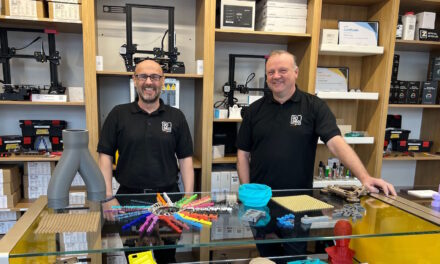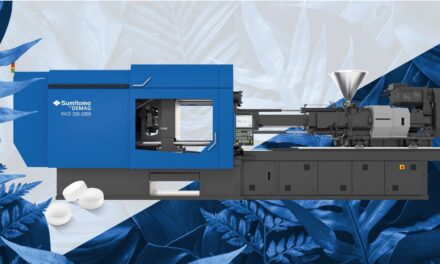Latest research from Cambashi indicates that the industrial machinery industry is currently facing several challenges, including a shortage of skilled labor, and disruptions throughout the supply chain.
These challenges are impacting the operational efficiency of manufacturers, leading to increased costs and reduced competitiveness. If suppliers to the machinery industry can address these challenges, they will have a competitive advantage.
“Cambashi employment data shows over 25 million people are employed in the machinery industry,” said Joe Brooker, Industry Analyst, Cambashi. “To keep up with the changing demands of the industry, the machinery sector must ensure its employees are equipped with new skills, particularly in the areas of design, data processing, and additive manufacturing. These skillsets will become crucial as the industry transitions towards a blend of traditional subtractive manufacturing techniques and new, additive methods.”
In addition, the industry is facing major disruptions in the supply chain, says Cambashi, which are making it difficult for manufacturers to secure the materials and components they need to produce their products. An unpredictable supply chain makes it more difficult for manufacturers to plan their production schedules, which is leading to increased costs and reduced competitiveness.
“To address the challenges facing the industry, manufacturers must invest in digital transformation initiatives that will improve operational efficiency, reduce costs and enhance competitiveness,” added Joe Brooker. “Digital transformation involves the integration of digital technologies into all areas of a company’s operations, but manufacturing and logistics will be two of the greatest beneficiaries.”
One of the key digital transformation initiatives cited by Cambashi that manufacturers can invest in is Industry 4.0, which involves the integration of advanced technologies, such as the Internet of Things (IoT), artificial intelligence (AI), and robotics into the manufacturing process.
Joe Brooker concluded: “Software vendors who are selling into the machinery industry are best placed to deal with the challenges and maximise the opportunities in these markets by being well prepared and able take advantage of tactical industry intelligence. Updated in real time by industry experts, this intelligence provides the latest information from across the globe. In addition, people who are responsible for employees’ professional development should make use of training services that lead to industry certifications and proof of expertise in the industry.”
For more information visit https://cambashi.com/machinery-industry-insights-and-market-research/




